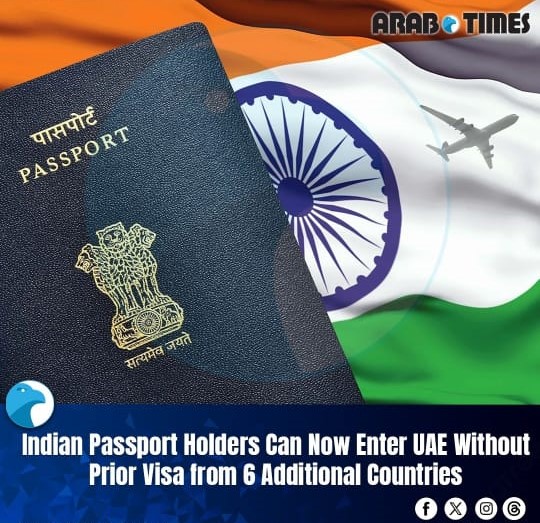India's recent overhaul of its income tax legislation introduces significant changes that directly impact Non-Resident Indians (NRIs), especially those residing in Gulf Countries such as Kuwait, Saudi Arabia, Bahrain, and the United Arab Emirates. These nations are known for their absence of personal income tax, making the new Indian tax provisions particularly relevant for NRIs.
Key Changes in the Income Tax Legislation
1. Deemed Residency Provision
Criteria: An Indian citizen earning more than ₹15 lakh (₹1.5 million) from Indian sources and not liable to pay tax in any other country will be deemed a resident of India for tax purposes.
Implication: NRIs in countries without personal income tax may fall under this provision, making them liable for Indian taxation on their global income.
2. Residency Determination Based on Physical Presence
Standard Rule: An individual spending 182 days or more in India during a financial year is considered a resident.
Alternative Condition: Spending 60 days or more in India during a financial year and 365 days or more over the preceding four years also qualifies an individual as a resident.
Exceptions for NRIs:
- For Indian citizens or persons of Indian origin visiting India, the 60-day requirement is extended to 182 days.
- If such individuals have Indian-sourced income exceeding ₹15 lakh, the threshold is reduced to 120 days.
Impact on NRIs in Gulf Countries
Deemed Residency: NRIs in GCC countries, due to the absence of personal income tax, may be classified as residents in India if their Indian-sourced income exceeds ₹15 lakh. This classification subjects them to Indian taxation on their global income, potentially leading to higher tax liabilities.
Residency Based on Stay Duration: NRIs visiting India must monitor their stay duration. Exceeding 120 days in India during a financial year, coupled with Indian income over ₹15 lakh, will classify them as residents for tax purposes.
Examples
1. Deemed Residency Example
Scenario: An Indian citizen residing in the UAE, earning ₹20 lakh from investments in India and ₹30 lakh from employment in the UAE.
Tax Scenario: Since the UAE has no personal income tax, the individual is not liable to pay tax there. Under the new bill, because their Indian income exceeds ₹15 lakh, they are deemed a resident of India. Consequently, their total income of ₹50 lakh (₹20 lakh from India + ₹30 lakh from the UAE) becomes taxable in India.
2. Residency Based on Stay Duration Example
Scenario: An NRI residing in Saudi Arabia visits India for 130 days in a financial year and earns ₹18 lakh from Indian sources.
Tax Scenario: The individual's stay exceeds 120 days, and their Indian income is above ₹15 lakh. Therefore, they are classified as a resident for tax purposes, making their global income subject to Indian taxation.
3. Income Below Threshold Example
Scenario: An Indian citizen residing in Kuwait earns ₹14 lakh from investments in India and ₹30 lakh from employment in Kuwait.
Tax Scenario: Since the individual's Indian income is below ₹15 lakh, the deemed residency provision does not apply. Assuming they spend less than 182 days in India during the financial year, they are considered an NRI. Thus, only the ₹14 lakh earned in India is taxable in India, while the ₹30 lakh earned in Kuwait is not subject to Indian taxation.
Frequently Asked Questions (FAQs)
- Q1: How does the new Income Tax Bill affect NRIs earning over ₹15 lakh in India?
- A1: NRIs earning more than ₹15 lakh from Indian sources may be classified as "residents" for tax purposes, making their global income taxable in India.
- Q2: What is the "deemed resident" provision in the new tax bill?
- A2: Indian citizens earning over ₹15 lakh from Indian sources and not liable to pay tax in any other country will be deemed residents of India for tax purposes.
- Q3: How will capital gains from the Indian share market affect my tax residency status?
- A3: If your capital gains from the Indian share market exceed ₹15 lakh and you're not taxed in your resident country, you may be deemed a resident in India, subjecting your global income to Indian taxation.
- Q4: How can NRIs manage their tax obligations under the new rules?
- A4: NRIs should monitor their stay duration in India, assess their global income, and consult with tax professionals to ensure compliance and effective tax planning.
The new Income Tax Bill significantly impacts NRIs in Gulf countries without personal income tax. It's essential for affected individuals to understand these changes, assess their financial situations, and seek professional guidance to manage their tax obligations effectively.





